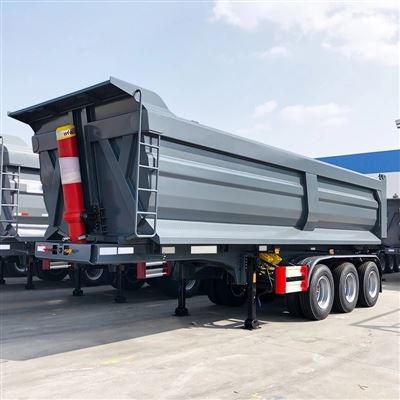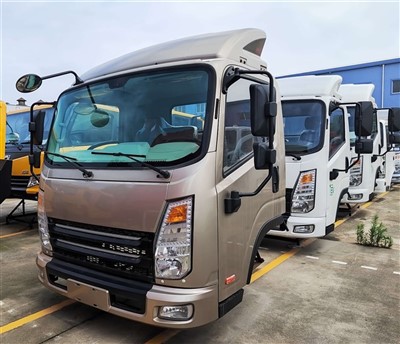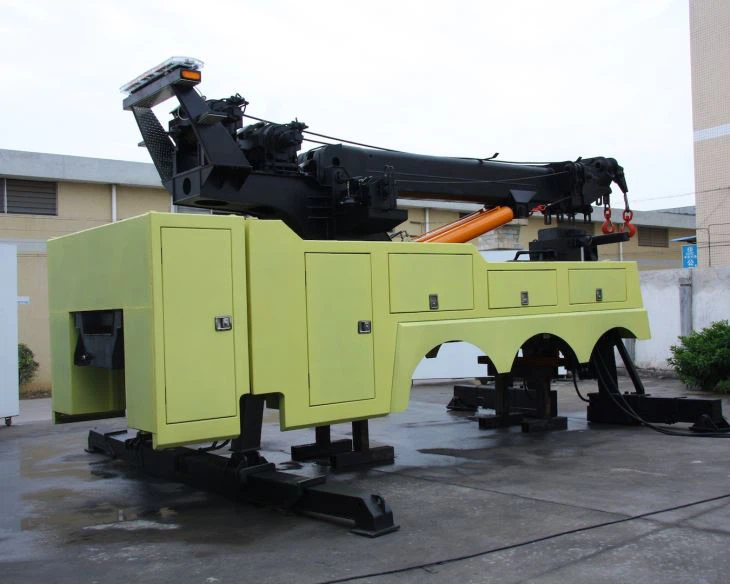4 Door Crew Cab vs Extended Cab: Which is Right for You?

Introduction
When it comes to picking a truck, one of the most significant choices you’ll face is selecting the right cab style. Two common options are the 4 Door Crew Cab and the Extended Cab. Each comes with its unique features, advantages, and disadvantages that cater to different needs and lifestyles. This comprehensive guide will explore both options in detail, helping you make an informed decision tailored to your requirements.
Understanding Cab Styles
What is a Crew Cab?
A Crew Cab, commonly referred to as a 4 Door Crew Cab, is designed for maximum passenger capacity and comfort. Typically, it features four full-sized doors and ample rear seating space, providing easy access for passengers. This cab style is perfect for those who frequently carry multiple passengers, making it ideal for family use or work crews.
What is an Extended Cab?
The Extended Cab offers a more compact option than the Crew Cab but still provides additional seating options compared to a traditional Regular Cab. It generally features two full doors at the front and two additional smaller doors (or rear-hinged doors) for the back seats. This design allows for more storage space behind the front seats while still being able to accommodate rear passengers, though they may have less room than in a Crew Cab.

Key Differences Between Crew Cab and Extended Cab
Passenger Capacity
The capacity difference is one of the most notable distinctions between Crew Cab and Extended Cab. While the Crew Cab can comfortably seat up to six passengers, the Extended Cab typically accommodates four to five, depending on the specific vehicle model.
Interior Space and Comfort
The Crew Cab excels in passenger comfort, offering spacious legroom and headroom in both the front and rear seats. In contrast, the Extended Cab provides a more cramped experience in the back, with limited legroom and headroom that could be uncomfortable for taller passengers on long rides.
Table: Passenger Space Comparison
| Cab Style | Front Seat Legroom | Rear Seat Legroom | Seating Capacity |
|---|---|---|---|
| Crew Cab | 40-45 inches | 35-40 inches | 5-6 passengers |
| Extended Cab | 39-42 inches | 28-34 inches | 4-5 passengers |
Storage Capacity
While Crew Cabs prioritize passenger space, Extended Cabs often provide more space for cargo in the rear. If you regularly transport larger items or equipment, the Extended Cab may slightly edge out in this category. Additionally, Extended Cabs sometimes have unique storage compartments accessible from the back.
Accessibility
Access is a crucial factor to consider. The four full-size doors on a Crew Cab offer easy entry and exit for all passengers, especially for families with children. On the contrary, the smaller rear doors of an Extended Cab can make getting in and out of the back seats less convenient, often requiring a bit more maneuvering.
Choosing the Right Bed Length
Both cab styles allow buyers to choose different bed lengths, typically ranging from short to long beds. However, the Crew Cab traditionally comes with a shorter bed to balance the vehicle’s overall size, whereas Extended Cabs can often accommodate slightly longer beds for additional cargo capacity. Consider your cargo needs when choosing.
Cost Considerations
Price of the Vehicle
Generally, Crew Cabs tend to be more expensive than Extended Cabs due to their larger size and additional seating capacity. Buyers should weigh the costs against their specific needs before making a selection.
Insurance Costs
Insurance rates for trucks can vary based on the cab size and type. Crew Cabs might attract higher premiums due to their increased passenger capacity and value. Researching insurance costs for both options can bring clarity to your budgeting needs.
Performance and Driving Experience
Weight and Handling
In terms of handling and performance, Extended Cabs usually weigh less than Crew Cabs, potentially leading to better fuel efficiency. However, the difference may be marginal depending on the model. The driving experience varies, with Crew Cabs often offering a more stable ride due to their larger wheelbase.
Off-Road Capabilities
Some drivers may prioritize off-road capabilities. The slightly lighter weight of an Extended Cab could provide an edge over uneven terrain, but it ultimately depends on the specific make and model of the truck, including suspension and drivetrain features.
Practical Examples of Use Cases
When to Choose a Crew Cab
- If you transport a family regularly.
- For work teams requiring comfortable transport.
- When you prioritize passenger comfort over cargo space.
When to Choose an Extended Cab
- If you require extra storage frequently.
- For occasional backseat passenger transport.
- When you prefer a lesser initial cost and potentially better fuel economy.
Popular Models Showdown
Crew Cab Models
Some popular Crew Cab models include:
- Ford F-150 Crew Cab
- Chevrolet Silverado 1500 Crew Cab
- Dodge Ram 1500 Crew Cab
Extended Cab Models
Some popular Extended Cab models are:
- Toyota Tacoma Extended Cab
- GMC Sierra 1500 Extended Cab
- Nissan Frontier Extended Cab
Tips for Choosing Between Crew Cab and Extended Cab

- Assess your passenger needs versus cargo requirements.
- Test-drive both cab styles to gauge comfort and handling.
- Consult with truck professionals or dealers for expert advice.
- Factor in your budget for purchase and maintenance costs.
Frequently Asked Questions
What is the biggest advantage of a Crew Cab?
The biggest advantage of a Crew Cab is its spacious interior, allowing comfortable seating for multiple passengers, making it ideal for families or work groups.
Are Extended Cabs suitable for families?
Extended Cabs can be suitable for families, especially those with older children who can comfortably access the back seats. However, space can be somewhat limited.

Is a Crew Cab worth the additional cost?
Whether a Crew Cab is worth the additional cost depends on your specific needs. If you frequently transport multiple passengers, it may provide better value.
Can I convert an Extended Cab to have more space?
Converting an Extended Cab for more space is typically not feasible as it requires significant structural changes, but you may consider aftermarket options like storage solutions.
What factors affect insurance rates for these cab styles?
Insurance rates can be influenced by factors like the truck’s overall value, safety ratings, passenger capacity, and driver’s profile (driving history, location, etc.).
How does the resale value of Crew Cabs compare with Extended Cabs?
Crew Cabs generally hold a higher resale value due to their increased popularity and demand among families and businesses, while Extended Cabs may depreciate faster due to lower demand.
